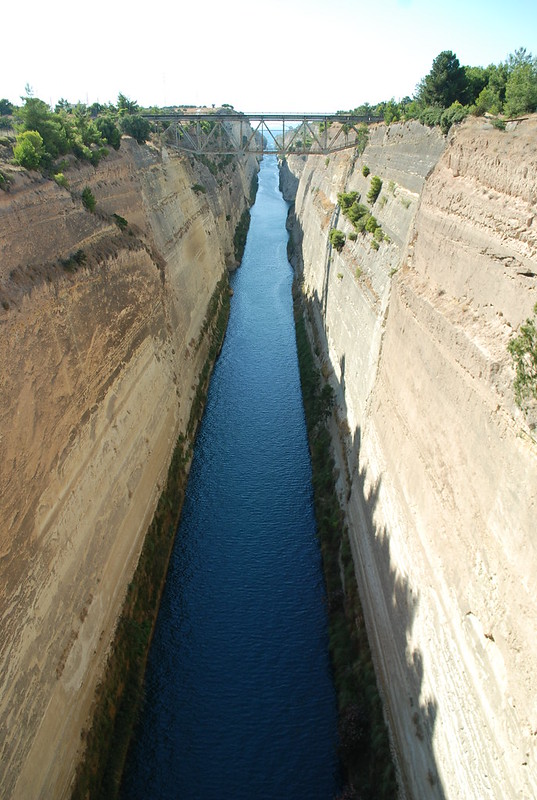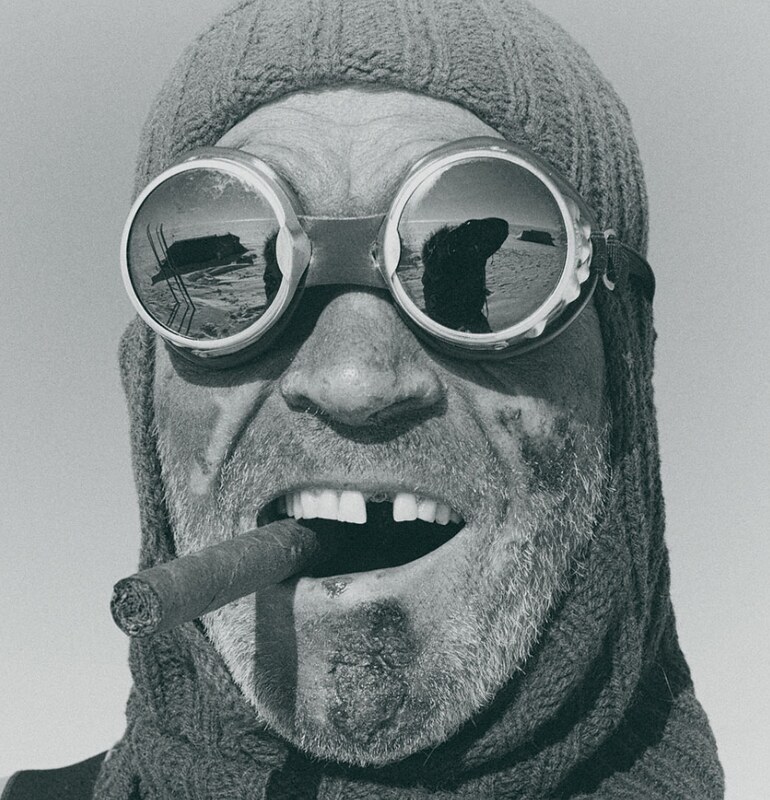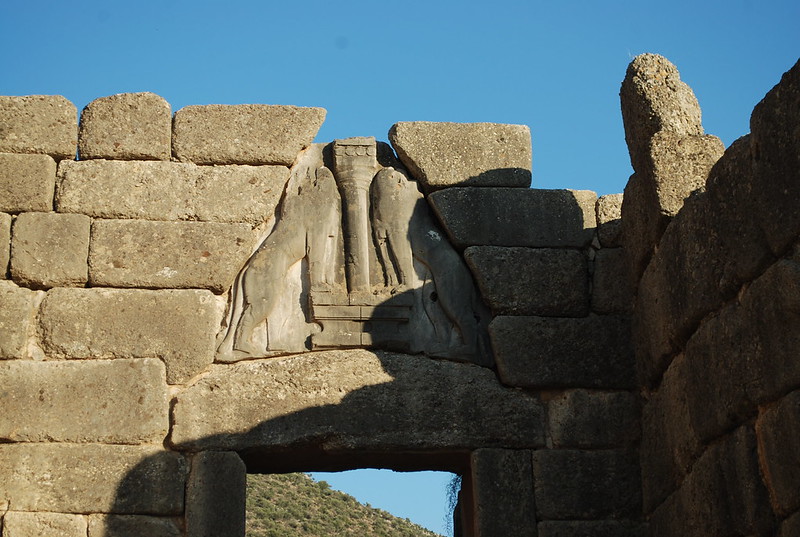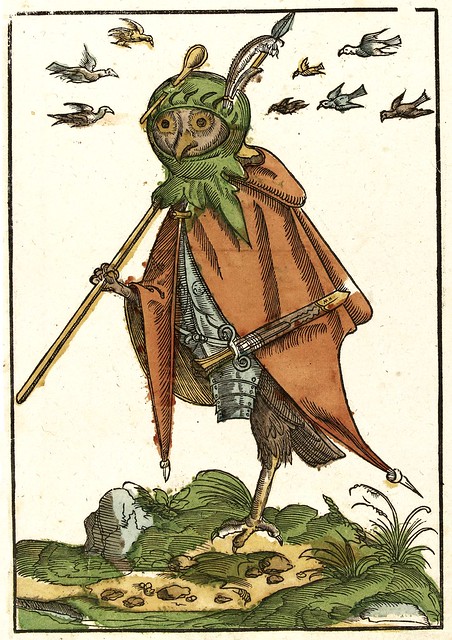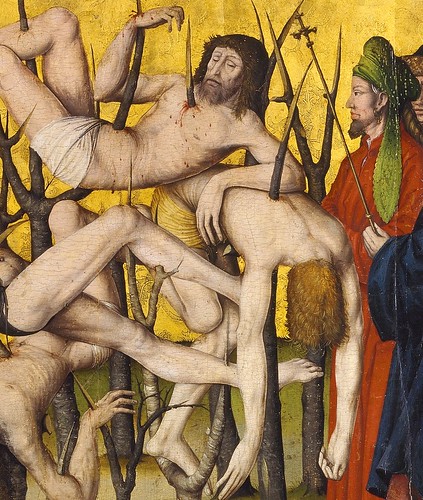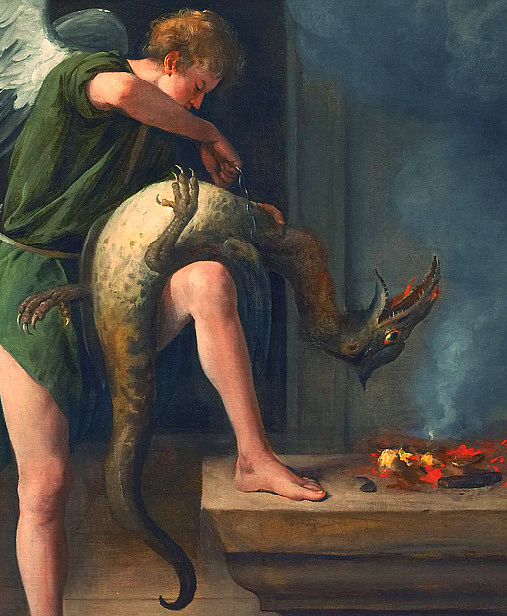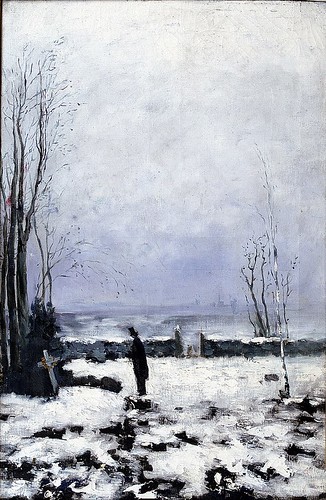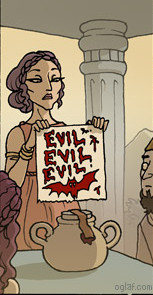 If you’re a climate or energy researcher, chances are the fossil fuel industry owns you
If you’re a climate or energy researcher, chances are the fossil fuel industry owns you was a cheery Twit by Benjamin Franta. A variety of people were
tewwibly offended, but really, the question should have been why did they expect any sense out of him in the first place? The entire Exxonknew drivel he's promoting
is drivel and always has been. I felt
obliged to tell otherwise intelligent people Yes, which is why it's all drivel. There's nothing at all new there; and the intent to report is as though it was is, is spreading lies / PR. As I said "you were all happy with F when he was spreading drivel you liked". Now it's drivel you dislike, and you're all astonished.
But it perhaps needs laying out in more detail than Twatter is capable of coping with, so here (for those who found
Early oil industry knowledge of CO2 and global warming? for some reason hard to understand) are some words.
1. Back in Ye Olde Dayes, GW was but a twinkle in people's eyes and so there was lots of speculation and inquiry around the subject, including stuff written by Exxon, and even by coal companies.
2. The idea that anyone actually knew exactly what was going on, or could make confident predictions, is wrong. See for example
In the decade that ran from 1979 to 1989, we had an excellent opportunity to solve the climate crisis? for my discussion; but I think it's definitely correct that any date before 1990 is unreasonable. Yes, it's possible to
cherry pick pictures that people created in the 80's and declare them to be uncannily prescient, but this is also silly. Incidentally, I think that predicting future CO2 turned out to be much easier than anyone expected. But just cos you know
now that it was accurate(ish) doesn't mean you knew it then.
3. The idea that one graph by one person at Exxon proves that "Exxon knew" is also drivel. Exxon is quite a large organistaion. It doesn't have one mind that is always in full agreement with itself and that knows everything it is doing, any more than the USofA does.
4. Everything that the Evil Fossil Fuel Companies knew then was public. So if your complaint is that all this was secret, then you're an idiot. If you think the public were not fully informed of all this vital information, then your complain should be with the govt. The govt is the entity charged with spreading such vital-to-the-general-public information; not EFFCs. See-also
#exxonlied; or
The Climate Deception Dossiers? Oreskes is the leader in this kind of drivel,
writing stuff like "At least fifty years ago, Defendants-Appellants (hereinafter, “Defendants”) had information from their own internal research, as well as from the international scientific community, that the unabated extraction, production, promotion, and sale of their fossil fuel products would result in material dangers to the public. Defendants failed to disclose this information...". If you can't tell why this is drivel, you haven't been paying attention.
It is possible to complain that after the naive early days, the EFFCs starting spreading misinformation. I think this is a valid complaint (see-also
What I said about Exxon). But, it really isn't that exciting. As well as misinformation from the EFFCs there was also lots of good information available from govts and the IPCC; anyone who wanted to be well informed could be;
those who wanted to be lied to, were. To get round this problem you need a population that wants to know the truth. Alas, such are hard to find.
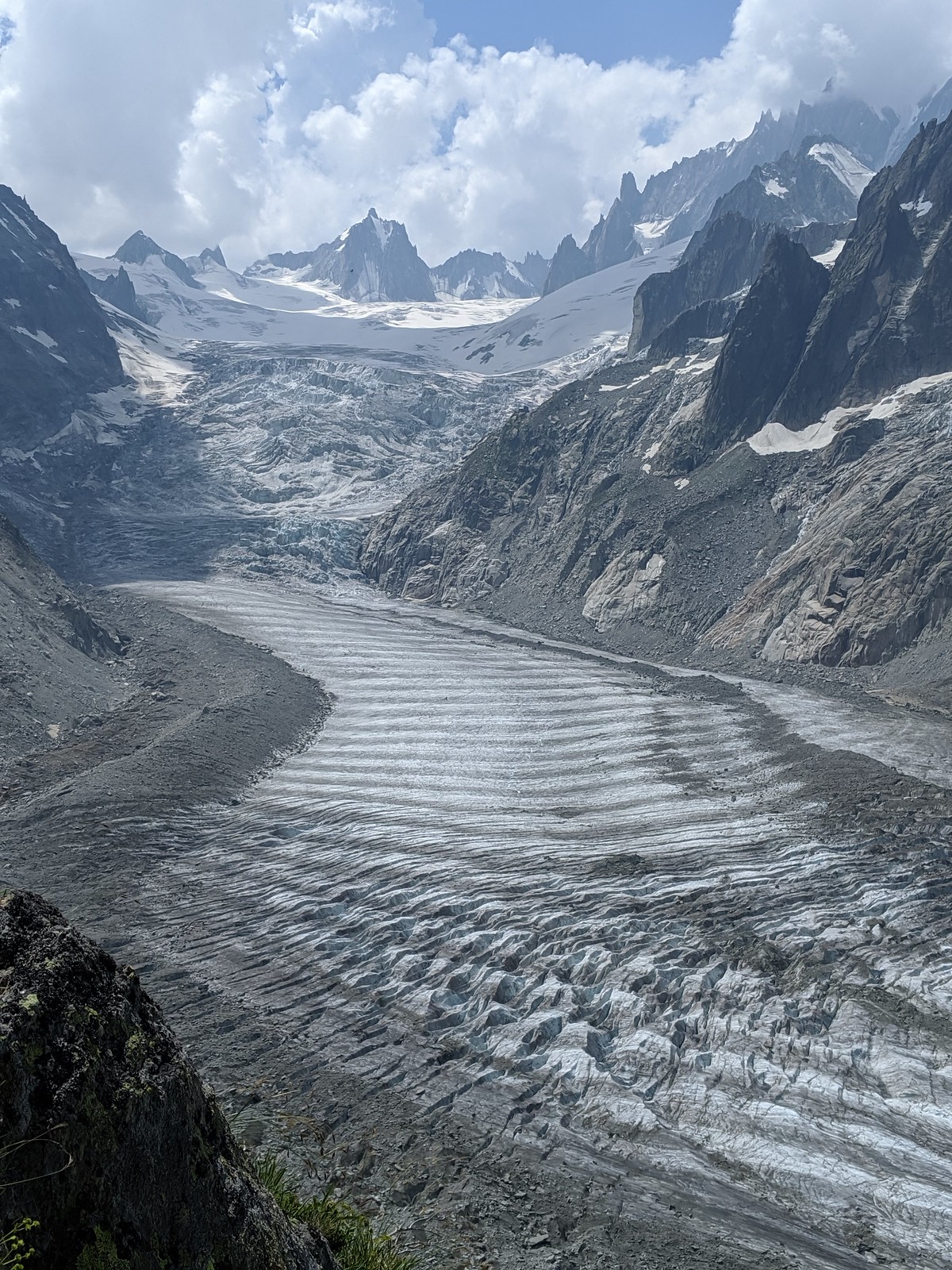 Aka the year in Stoats, 2019. Following last year's acclaimed tradition, I present posts by month selected by most comments; after all, it's the only objective measure.
Aka the year in Stoats, 2019. Following last year's acclaimed tradition, I present posts by month selected by most comments; after all, it's the only objective measure.